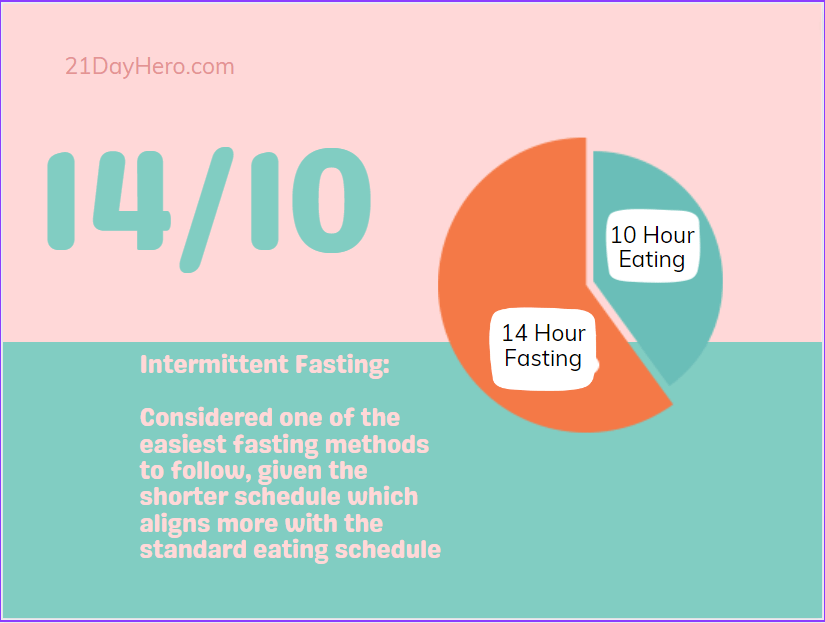What are the potential risks and benefits of intermittent fasting?
Intermittent fasting has gained popularity in recent years as a potential way to improve health and promote weight loss. However, like any dietary approach, it comes with its own set of risks and benefits. In this article, we’ll delve into the potential risks and benefits of intermittent fasting, helping you make an informed decision about whether it’s right for you.
Understanding Intermittent Fasting: Intermittent fasting involves cycling between periods of eating and fasting, with various methods ranging from alternate-day fasting to time-restricted eating. While some people swear by its effectiveness, others have concerns about its impact on health and well-being.

Benefits of Intermittent Fasting:
- Weight Loss: Intermittent fasting can help promote weight loss by reducing calorie intake and increasing fat burning. This can lead to a reduction in body fat and improvements in overall body composition.
- Improved Metabolic Health: Some studies suggest that intermittent fasting may improve metabolic health markers such as insulin sensitivity, blood sugar levels, and cholesterol levels. This could potentially reduce the risk of type 2 diabetes and heart disease.
- Cellular Repair and Longevity: Fasting triggers cellular repair processes such as autophagy, where cells remove dysfunctional components. Some research indicates that intermittent fasting may promote longevity and protect against age-related diseases.
- Simplicity and Flexibility: Intermittent fasting is relatively simple to implement and doesn’t require special foods or supplements. It can be adapted to fit individual preferences and lifestyles, making it a flexible option for many people.
Risks of Intermittent Fasting:
- Nutrient Deficiencies: Restricting food intake during fasting periods may lead to deficiencies in essential nutrients such as vitamins and minerals. This is especially true if fasting is prolonged or combined with a restrictive diet.
- Potential for Disordered Eating: Intermittent fasting may trigger unhealthy eating patterns or behaviors, particularly in individuals with a history of eating disorders or disordered eating habits. It’s essential to approach fasting with caution and seek guidance if needed.
- Negative Impact on Energy Levels: Some people may experience fatigue, weakness, or low energy levels while fasting, especially during the initial adjustment period. This could impact daily activities and overall well-being.
- Risk of Binge Eating: Fasting followed by periods of unrestricted eating may increase the risk of binge eating or overeating, leading to weight gain and other health issues. It’s crucial to practice mindful eating and maintain balanced meals during eating windows.
Intermittent fasting can be an effective strategy for weight loss and improving metabolic health, but it’s not without its risks. Before embarking on an intermittent fasting regimen, it’s essential to consider your individual health status, lifestyle, and goals. Consulting with a healthcare professional or registered dietitian can help you determine whether intermittent fasting is suitable for you and how to implement it safely.
Also Read :
- What is the best diet for weight loss?
- 10 Soothing Yoga Poses for Stress Relief
- Mastering Stress: Effective Techniques for Americans to Find Balance
- Stress Less: Effective Strategies for Managing and Reducing Everyday Stressors
- Unlocking the Power of Quality Sleep: Strategies for Better Mental Health
- A Comprehensive Guide to Carbohydrates, Proteins, and Fats : Demystifying Macronutrients
- Embracing Plant Based Living: Tips and Delicious Recipes for a Vibrant Diet
Focused Keywords:
- Intermittent fasting risks and benefits, Pros and cons of intermittent fasting, Intermittent fasting advantages and disadvantages, Intermittent fasting health risks,Benefits and risks of fasting

